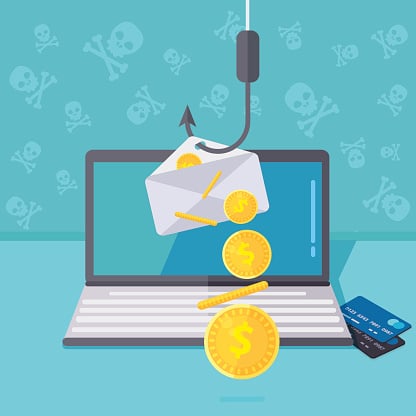Microsoft Windows Outage CrowdStrike Analysis Highlights Security Risks An unexpected [...]
Thanks to an alert client of ours, a malicious phone caller was stopped in their tracks.

If you stay alert for suspicious calls and email, you can also avoid becoming victimized by hackers or scammers.
We have started to see an increase in these sort of telephone calls, so it’s wise to take the threat seriously. In these phishing attempts, the caller attempts to use social engineering to gather information or gain access through the phone.
In this recent incident, the caller claimed to work for an IT company and asked for remote access to the client’s computer. Thankfully, she detected some suspicious behavior, ended the call, and reported the incident.
Some key Red Flags to listen for are:
- Intimidation or rushing the call, or falsely implying an urgency to the situation
- Making small mistakes in knowing who/where they are calling or in their own identity
- Requesting passwords, or other private or sensitive information
- Requests to remotely connect when you have not initiated the call
- Your gut instincts – more often than not, things just don’t feel right during one of these attempts
Other information to keep in mind:
- IT will never call “out of the blue” and ask for sensitive information or to remote onto your computer – if you haven’t opened a service ticket, we would have no reason to call you – ask for the service ticket number
- When in doubt; tell the caller that you will call them back – but only call us at (416) 410-7268 or other advertised numbers we have shared with you in the past – don’t ask for the number to call back – call IT and reference the ticket number to be connected back to the technician
- Know that Caller-ID information can be easily faked, a local number or even a recognizable number does not guarantee who the caller is
- No one will ever be offended if you are on high alert and being security conscious




